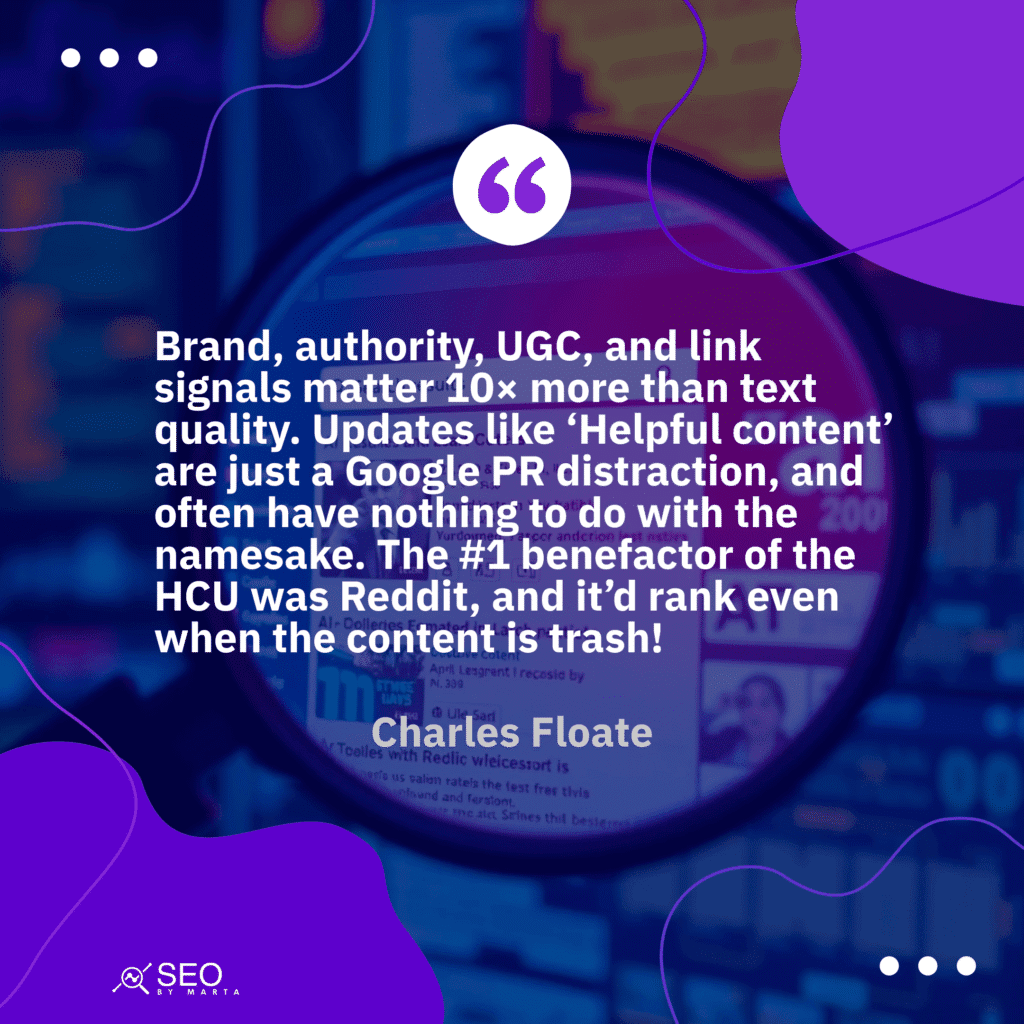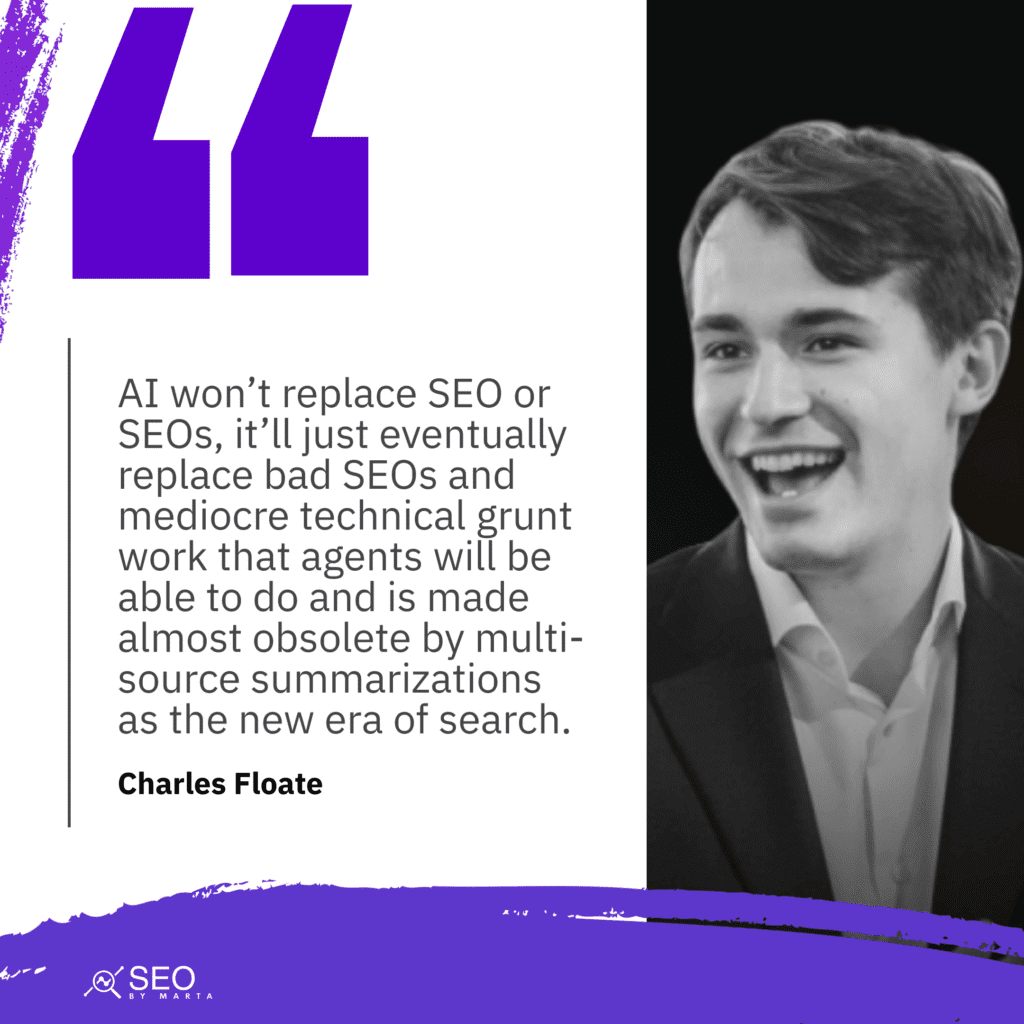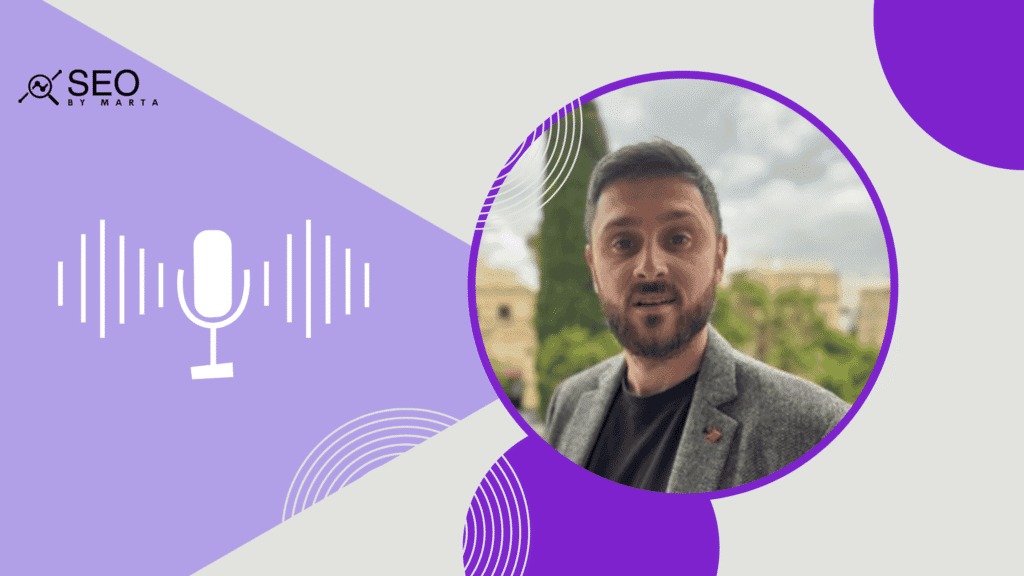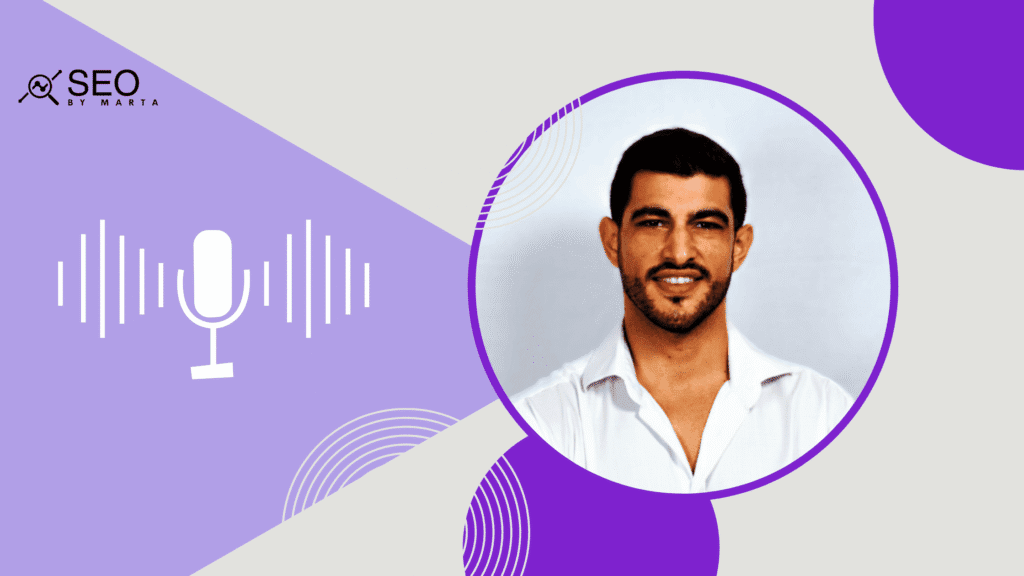About Charles Floate
Charles Floate is one of the most fearless and data-driven voices in SEO today. With over a decade of hands-on testing, he’s built a reputation for exposing myths, challenging industry dogma, and sharing insights backed by real-world results.
From affiliate SEO and link building to automation and algorithmic testing, Charles has explored every edge of search with brutal honesty and precision. Through his training programs and global community, he continues to teach SEOs how to think critically, test fearlessly, and focus on what truly moves the needle. He’s also CMO and Chairman of PressWhizz, and has an investment portfolio spanning to most corners of the industry.
For Charles, SEO isn’t about trends: it’s about truth, and he isn’t scared to share it, which is mostly on his very active X/Twitter account, where he boasts nearly 90,000 followers.
Interview -Unpacking the Biggest Misconceptions, What’s Actually Working, and Which Outdated Tactics Need to Die in 2026 in SEO
The SEO industry loves its buzzwords like “quality content,” “white-hat,” “user intent.” But between algorithm updates, AI overhauls, and tool-driven hype, even seasoned professionals can lose sight of what truly works. That’s why Charles Floate remains one of the most essential
voices in search. He tests what others assume, questions what others quote, and never hesitates to call out SEO’s collective blind spots. In this exclusive interview, Charles cut through the noise to reveal which myths are holding the industry back, which tactics actually matter in 2026, and why truth in SEO is harder — and more valuable — than ever.

Q: Charles, you’ve been testing SEO theories for years. What’s the biggest myth that still dominates conversations in 2026?
A: There are a lot of myths out there, and each can be very damaging to sites, but in general, I would say the biggest overall is that Google rewards great content alone. Yes, they’ve spun up that narrative for the best part of two decades but we’ve seen the SERPs telling a very different story.
Brand, authority, UGC, and link signals matter 10× more than text quality. Updates like “Helpful content” are just a Google PR distraction, and often have nothing to do with the namesake. The #1 benefactor of the HCU was Reddit, and it’d rank even when the content is trash!
Q: AI has taken over a huge part of SEO workflows. What’s the biggest misconception you see about how AI actually influences rankings?
A: There are a lot of misconceptions around AI generated content still. It’s not detected and punished, it’s just often evaluated and replaced without the other corresponding signals and usually at a very unnatural publishing frequency. The system scores entities, links, engagement, and trust signals, not whether the copy came from a human or model.
Q: Many SEOs now rely on AI to write or rewrite content at scale. Where do you personally draw the line between smart automation and brand-damaging laziness?
A: Anything consumer-focused, where conversions are going to play a serious role or where your brand might be cited, especially in the future. We want to make sure we have the highest converting landing pages, so it’s 95% human written, and we want to make sure every detail about our brand matches our ethos, so that’s 100% human edited.
Q: Do you believe Google can accurately detect AI-generated content, and if so, does it even matter?
A: No, they can just detect low-quality signals that usually lazy SEOs don’t fulfil around the content, or take the time to properly set up the automation and editing process. I’ve currently got countless 100% AI-generated content ranking in Google, though.
Q: Many still insist that “content is king.” In your experience, when is that actually true and when is it just lazy advice?
A: Only when you’re either the entity originator (your brand creates the source data) or you’re exploiting fresh intent gaps (new products, trends, updates). Otherwise, “content is king” is lazy agency filler. In saturated niches, link, authority and user signals are the main trifecta.
Q: Which outdated tactics or “best practices” do you think the SEO industry needs to finally retire?
A: I think keyword stuffing evolved to entity stuffing, where people stick their blog posts into a tool and click add on everything the tool says it’s missing, chasing mechanical triggers instead of contextual authority. Google doesn’t care how many entities you mention; it cares whether your content fulfils the current SERP intent, matches consensus, has topical authority supporting it, a solid linkgraph surrounding it and gets good user signals.
Q: You’ve often talked about testing over theory. What’s one experiment that completely changed your view of how Google really works?
A: Believe it or not, when I very first started out in SEO, I was a huge Moz-fanboy. I used to watch Rand’s White Board Fridays consistently. Over a couple of years though, the tune changed, they became more “white hat Fridays” and my first proper affiliate test got outranked by someone spamming automated links…
I decided the links didn’t even look that good in Majestic (the good old days). I’d buy a handful of packages off some forums I was on from vendors I trusted and read threads from – One of the packages absolutely skyrocketed the rankings for this project, making me my first $1,000 in a week. I ended up spending tens of thousands of dollars with that vendor, and never really looked back since!

Q: How much faith should SEOs place in third-party metrics like DR or TF when judging authority?
A: Zero, they can be gamed 100%! Just search Fiverr for DR Boost, you’ll get DR60+ for $35…
Everything requires additional due diligence outside raw spam and enterprise work on the world’s biggest authority sites.
Q: AI has become central to SEO workflows. What’s the most dangerous misconception about using AI content or automation today?
A: AI won’t replace SEO or SEOs, it’ll just eventually replace bad SEOs and mediocre technical grunt work that agents will be able to do and is made almost obsolete by multi-source summarizations as the new era of search.
It also doesn’t kill link building, it emboldens it! More scale (press automation, AI outreach, digital PR scraping etc) and more necessity to build consensus across trusted sources for the AIs to pull from.
Q: Looking ahead, how do you see AI changing the skillset required to be a successful SEO? Are we becoming prompt engineers, data analysts, or something entirely new?
A: I personally think it’s moving more towards black hat/grey hat, which is just pure algorithmic marketing. You reverse engineer what these algos are weighting, and build systems/connections/networks to take advantage of them. And you use every tool at your disposal to do so, no matter what the platforms rulebooks are saying…
Conclusion
Charles Floate’s take on the SEO industry is raw, analytical, and uncomfortably honest at times, but that’s exactly why it matters. In a space often filled with recycled theories and polished presentations, Charles cuts through the noise with his tests and evidence.
He’s not interested in what Google says; he’s interested in what Google does. Charles Floate’s message is clear: websites with a great link profile, high engagement, authority, trust, and brand strength can win the SEO battle in 2026. Content still matters, but only when it carries the weight of real-world validation. Charles sees AI as the next phase of this evolution, not a threat. To him, the arrival of automation doesn’t replace good SEOs, but it exposes weak ones.
When AI-generated content floods the SERPs and automated strategies become the norm, the winners will look less like marketers and more like engineers: people who question everything, experiment constantly, and have the nerve to test what others only theorise about.




